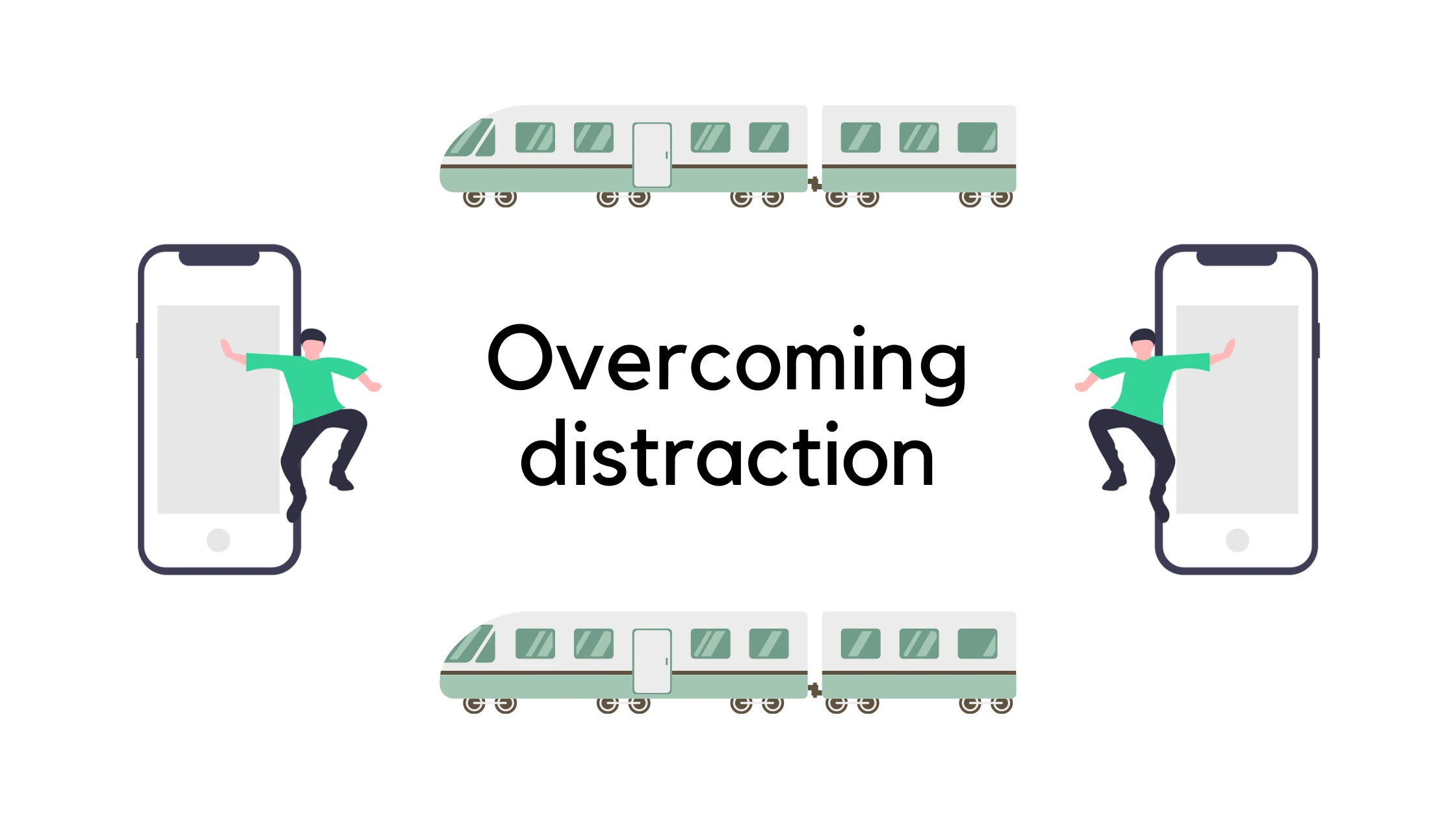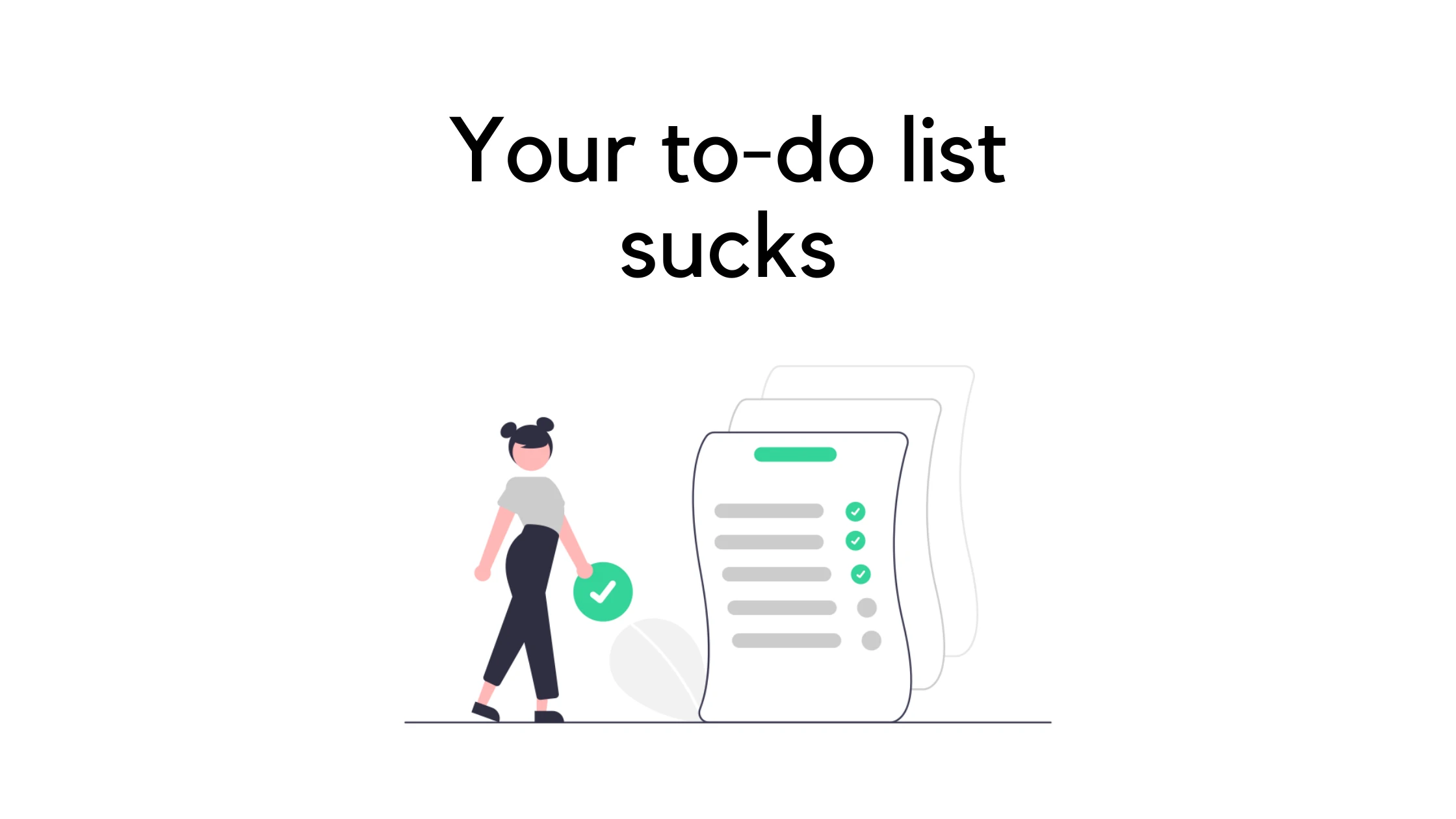Mono tab
Like me, you may have scoffed at your elderly relatives for having 486 tabs open on their device’s browser and wondered how they can possibly need them all. The thing is, most of us are being at least a little hypocritical given we may have 10+ tabs open ourselves. We may open a few new tabs to gather together information that we are going to use later but this is a bad idea. Instead, you should open any link in your current tab, get the information you need and then get out. Your brain will thank you for taking a linear path through the web instead of trying to open up multiple processes at the same time which it has to keep track of the context of. How many times have you seen a collection of links that seem interesting, opened them all up in background tabs for later and then when later comes, you’ve forgotten why you opened those links in the first place? I have a theory that we were all far more productive before browser tabs were invented (credit InternetWorks), and since switching back to mono tabbing I can anecdotally confirm my hypothesis (n=1).
I highly recommend giving it a go and you’ll quickly notice how different it is to browse the web when you can visit a link, get what you need and move on. This way you can build a linear map of everything you’ve visited in your brain instead of a garbled mess of overlapping tabs you quickly cycled through. You can do this manually by avoiding opening links in a new tab but of course, there are many links that default open in a new tab (grr). I found a great extension for Chrome (no affiliation) that successfully keeps your browser resolutely single tabbed, I’m sure there are others out there for your browser of choice. Try it for a couple of days and I’m sure you’ll find it useful, plus it’s a simple change with an extension to enforce the habit.
Break tasks into smaller brain-mode-based subtasks and perform subtasks in related batches.
If you know that you need to accomplish many different tasks in your day, batch them by similarity so your brain can stay in the same mode throughout each batch. To help avoid hard context switching you can try breaking your tasks down into subtasks until you can arrange them all into similar subtasks even if the main task is different. I’ll use the example of a blogger. In order to write a few blog posts you have to do research, create visual aids, and write and promote the post for each post. Make those into subtasks and you’ll quickly see that they all require completely different patterns of thoughts. So instead of writing a complete blog post each day of your working week you should try doing all the research for every post on Monday (bonus it will percolate in your brain and new ideas will form subconsciously), all the design on Tuesday etc. You’ll find it much easier to get all the tasks done as your brain will spend the whole working day in the same mode and be more efficient.
Single monitor
For the same reasons above I long ago ditched multi-monitor setups. This one may be more of a spicy take as so many people swear by them, but I think many people stand to gain from ditching the extra monitors on their desks. It’s not helpful having so much information in our faces if we can’t parse it all at the same time. Eliminate the distractions and just focus on one thing at a time. For me, a laptop with at most 2 windows docked side by side is enough, and most of the time I have a single window visible to avoid being tempted to context switch by another window vying for my attention or the desire to try and use another tool to help me achieve my current task when really I just need to sit still and do it.
Remove items that promote multitasking from your workspace
Your mobile phone should be nowhere near where you work if you want to focus for any more than 5 minutes at a time. Move it away or hide it, it’s designed for perfect multitasking and it needs to go.
Don’t eat food at your desk and try to work, both will suffer. Eating should be a pleasurable experience, and you can’t focus on work fully if you’re eating. Do them one by one, not together.
Try going analog
It’s a lot more difficult to be distracted by a piece of paper than a device capable of accessing endless memes. If it is at all possible with your work, scrap the laptop and use a pen and paper. If you’re planning a project you can sketch it out on paper (side benefit: you aren’t as constrained as most programs for project planning are).
If you can’t use a pen and paper, maybe you can turn off the internet on your device, this will help remove the temptation to “simply check social media or emails” which will derail your focus and attention.
If you need the internet at all times to work then at least disable notifications so you’re not being actively begged to context switch.
Make it clear to coworkers that you’re focusing
It’s nice to chat with coworkers during the day and I’m not saying you should be focusing monastically all day every day, that is not healthy, but you should try and schedule when you allow distractions that will cause you to context switch, and coworkers are often one of the biggest causes of distraction. How many times have you been in the middle of a tricky problem, a coworker has chatted to you for a minute or so, and you completely lose your train of thought?
I work in a coworking space in London and I know most of the people here. We chat regularly but I have some sizeable noise-cancelling headphones that are a pretty clear symbol I use when I don’t want to be disturbed. I usually take them off whenever I’ve reached a natural pause in my work and then people know they can come and have a chat. Try it with your coworkers, have some form of signpost for them like big headphones so they know when they can come and disturb your focus.
Conclusion
We are more and more aware that multi-tasking isn’t productive, the danger of it is in the context-switching penalty that we have to overcome. All of the strategies above have worked well for me to curb context switching and I hope they’ll do the same for you. Your mileage may vary with which approaches work best but hopefully, you will have gained something from trying them.




